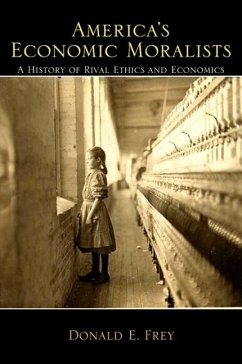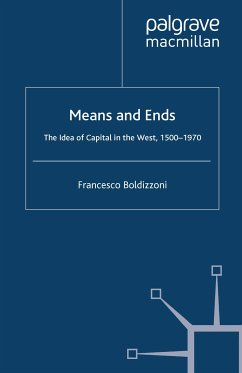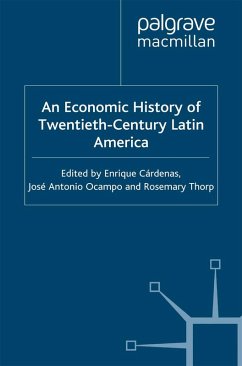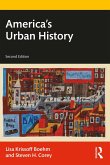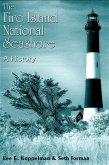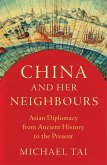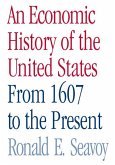Since colonial times, two discernable schools have debated major issues of economic morality in America. The central norm of one morality is the freedom, or autonomy, of the individual and defines virtues, vices, obligations, and rights by how they contribute to that freedom. The other morality is relational and defines economic ethics in terms of behaviors mandated by human connectedness. America's Economic Moralists shows how each morality has been composed of an ethical outlook paired with a compatible economic theory, each supporting the other. Donald E. Frey adopts a multidisciplinary approach, not only drawing upon historical economic thought, American religious thought, and ethics, but also finding threads of economic morality in novels, government policies, and popular writings. He uses the history of these two supported yet very different views to explain the culture of excess that permeates the morality of today's economic landscape.
Dieser Download kann aus rechtlichen Gründen nur mit Rechnungsadresse in A, D ausgeliefert werden.

